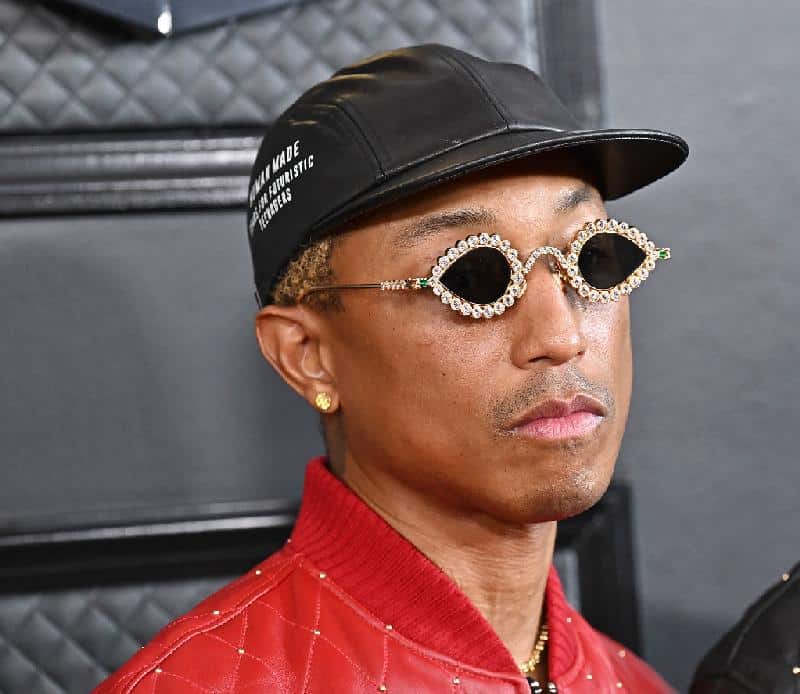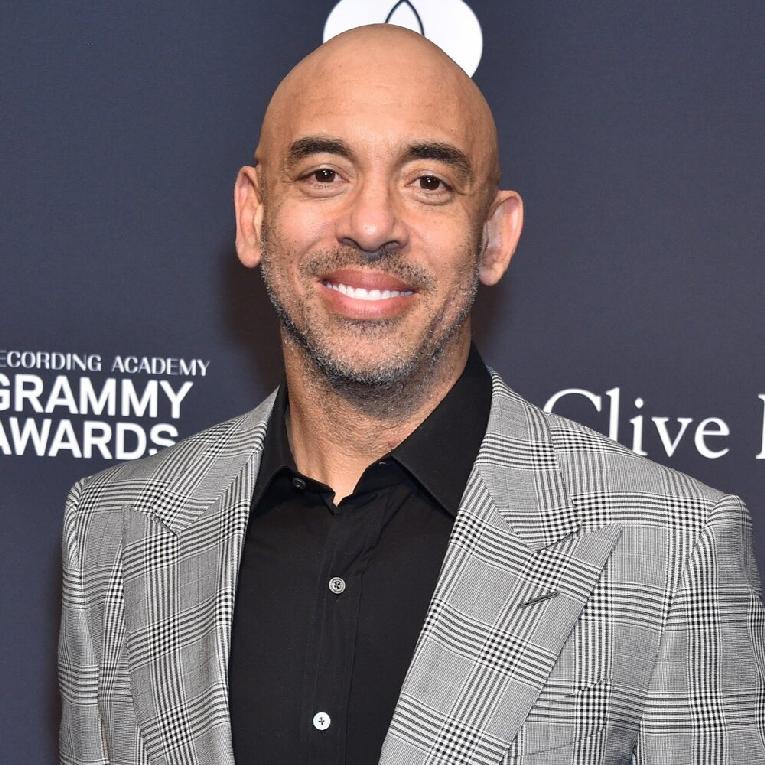
*Music Legend and 13-time Grammy winner Pharrell Williams, and popular “The Nanny” star Fran Drescher joined a host of artists at the glitzy Grammys on the Hill event in Washington, DC last week to fight for the rights of artists and creators. In particular, to stop the use of rap lyrics in court. EURweb’s and iHeart Radio’s Jazmyn ‘Jaz’ Summers was there to bring you the scoop.
The Rap Act (Restoring Artistic Protection Act) was reintroduced this week and is intended to protect artists’ freedom of creative expression, limiting the use of song lyrics as evidence in criminal proceedings – a common practice that disproportionately affects hip-hop artists.
In the highly visible RICO case against grammy award winning and chart topper Young Thug, Gunna, and members of the Young Thug’s Young Stoner Life Records, prosecutors are trying to use some of his lyrics to prove intent, establish character and even prove a direct link to a specific crime.
Prosecutors have been using or attempting to use rap lyrics in court for well over 30 years, dating back to 2 Live Crew, Snoop Dogg, and Shyne in the late 1980s and 1990s.
According to XXL magazine “Of those whose lyrics have been used to secure a successful conviction, Louisiana rapper Mac Phipps stands out after two-plus decades.
MORE NEWS ON EURWEB: Will Downing on New Song Following Daughter’s Suicide, Advice to Parents, and ‘Ice Taters’ | LISTEN

Phipps rose to national prominence after signing with No Limit Records and releasing a pair of commercially successful albums in the late 1990s.
He was charged with second-degree murder after a fatal shooting of 19-year-old Barron Victor Jr. took place during Phipps’ nightclub performance in Slidell, La. in 2000.
Prosecutors used Phipps’ lyrics, including the titular phrase from 1998’s “Murda, Murda, Kill, Kill,” and cited his nickname, The Camouflage Assassin, to establish his character to the all-White jury.
According to NPR, menacing lines, but ones entirely lacking in specificity from Phipps, like, “Pull the trigger, put a bullet in your head,” were presented against him in court as well.”


“It’s just all about rights, and we need more of those,” Pharrell, who was honored at the event, told Jaz. “Tonight’s rights are about the creators. They affect people just like songs affect people. So when people have songs that get them through the day or get them through the night or get them through the week or give them something to whistle to or to sting to or to hum, to. Imagine all the biggest industries in our country not allowing music, how would anyone get through their day, So giving reverence to the creators is very important. But I think about the LGBTQIA rights, I think about African American rights, black people, women’s rights. We got to think about all the rights that are threatened.”
The popular star of the iconic TV show The Nanny” Fran Drescher echoed his sentiment.
“Artists need to be able to express themselves artistically. They can’t edit themselves or feel fearful that whatever their art is, is going to be admissible in court and held against them as a possible crime. No. Once they start doing that with art, this country is entering a very dark place. So I think that freedom of speech. Everybody needs to be able to express themselves. You may not like the lyrics. You may not like the performance art or whatever it is, but you have to fight for the right for it to exist.”
She also spilled a little tea about a reboot of the Nanny dishing to EURweb, “It’s the 30th anniversary this coming winter, and we are in conversations with our parent company, Sony, to think about how we can make a big noise for that 30th anniversary. And we’re very excited.”
Harvey Mason Jr, the first African American president shared, “We’re going to make sure we advocate for music people and for music causes that are important, that will allow music people to continue to do the important work.

And on the significance of his groundbreaking role:
“I’m very proud of, obviously, being a Black man. And I am excited about the future of the academy and our diversity and inclusion efforts. And it’s not just within the staff. It’s within our membership, in our awards, behind the camera, in front of the camera, and everywhere we operate. We are looking to continue to be diverse. Not just performative changes, but real significant changes that make a difference to outcomes, that make a difference to decisions. All very, very important work. And we’re very proud, excited to do it.
For more of a taste of the “Grammys on the Hill” evening check out the exclusive videos below.
We Publish News 24/7. Don’t Miss A Story. Click HERE to SUBSCRIBE to Our Newsletter Now!





